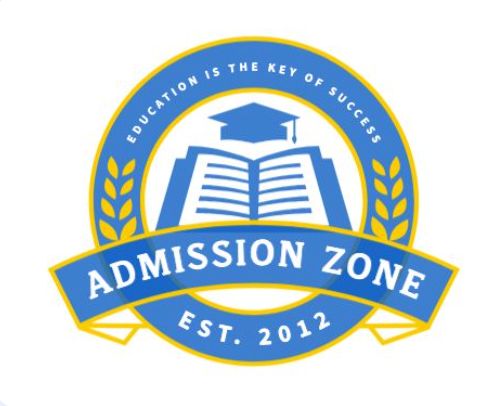
Top Colleges for MBBS in India
India has many top colleges for MBBS that are famous for quality education and good medical training. All India Institute of Medical Sciences (AIIMS), New Delhi is one of the most popular medical colleges because of its good faculty and advanced facilities. Other famous colleges include Christian Medical College (CMC), Vellore, Armed Forces Medical College (AFMC), Pune, and Maulana Azad Medical College (MAMC), Delhi. These colleges provide good practical training, modern hospitals, and experienced doctors as teachers. Getting admission is competitive, but these colleges provide great learning opportunities and a good foundation for future doctors. Importance of Choosing the Right Medical College Choosing the right medical college is very important because it shapes a student’s future as a doctor. A good medical college provides quality education, experienced teachers, and proper…










